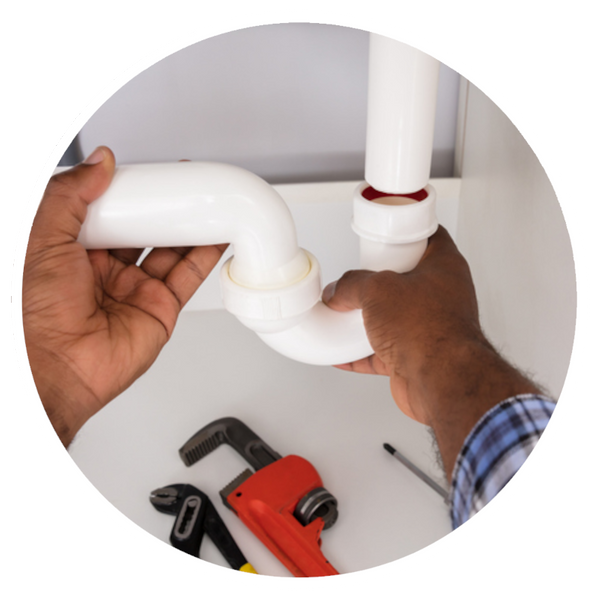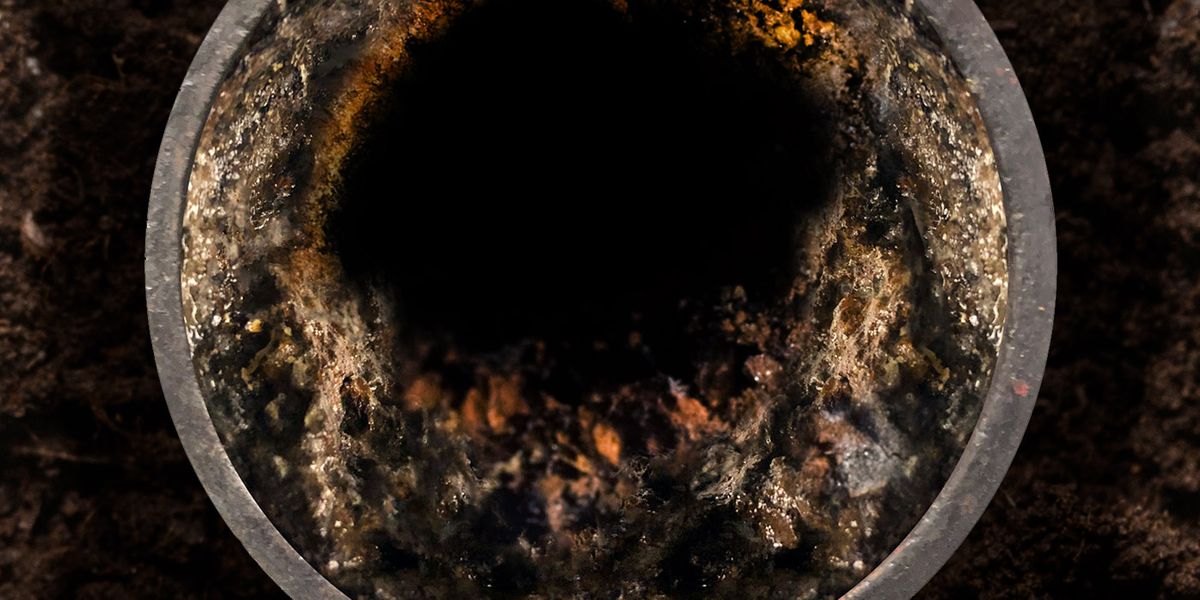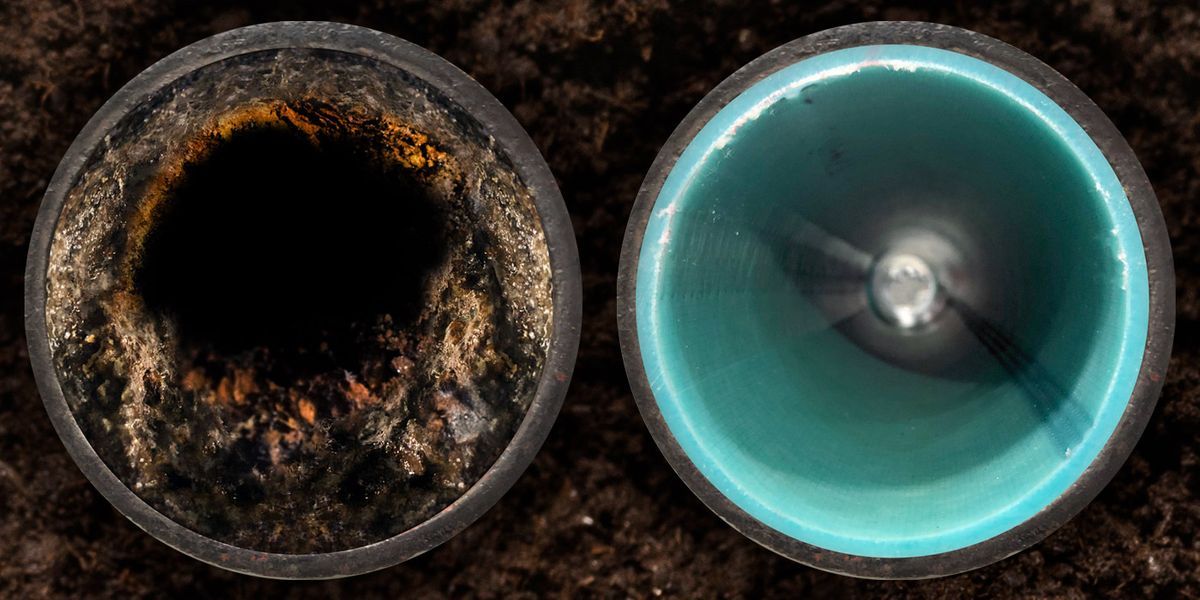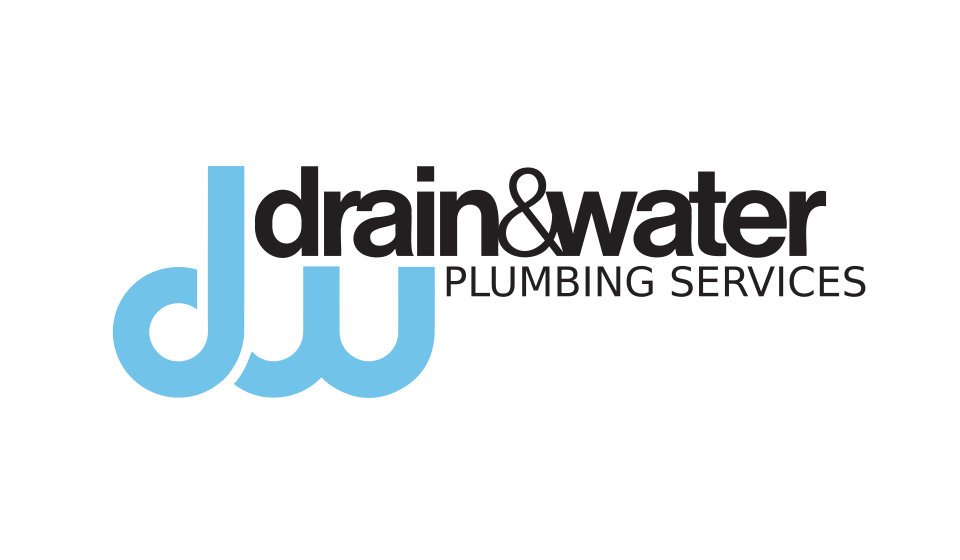Drain clogs & blockages

Drain Cleaning:
CLOGS & BLOCKAGES
Clogged and Slow-moving Drains are Unhealthy
Clogged and slow-moving drains can be a health hazard in any household or commercial building. One of the risks associated with clogged drains is the buildup of rodent- and insect-attracting bacteria and other microorganisms. When water and other waste materials become trapped in a clogged drain, they can quickly become a breeding ground for bacteria, which can lead to health problems.
These bacteria such as E. coli and salmonella can cause gastrointestinal infections. In addition to bacteria, clogged drains can also harbor viruses, fungi and other pathogens.
In addition to bacteria buildup, clogged drains can produce foul odors, which can exacerbate respiratory problems for individuals with asthma or other respiratory conditions. The unpleasant smell can also cause headaches, nausea, and other symptoms. Furthermore, slow-moving drains can create a moist environment, which can promote the growth of mold and mildew. These fungi can cause allergies and respiratory problems, especially in individuals with weakened immune systems.

Dirty Drains Attract Insects
Another health hazard associated with clogged drains is the risk of insect infestations. Cockroaches, flies and other insects are attracted to the moisture and food particles that accumulate in clogged drains. These insects can carry harmful bacteria and viruses that can cause diseases such as cholera, dysentery and hepatitis A. The thought of unseen cockroaches crawling out of shower drain grates at night and foraging in the dark is enough to make any homeowner lose sleep. Additionally, stagnant water can attract mosquitos, which can transmit diseases such as West Nile virus.
Blocked Drains and Mold
Blocked drains can also lead to water damage, which can have long-lasting health effects. Water damage can cause the growth of toxic black mold, which can cause respiratory problems, especially in individuals with pre-existing conditions such as asthma or allergies.
When drains become clogged, they can create a buildup of moisture and organic matter, which can provide an ideal environment for mold to grow. Mold spores can be harmful to humans, especially those with respiratory problems, allergies or weakened immune systems.
The buildup of moisture in blocked drains can lead to the growth of mold within a matter of days. Mold spores can travel through the air and spread throughout the home, causing health problems for those who come into contact with them. Symptoms of mold exposure can include respiratory problems, coughing, wheezing and skin irritation.
Mold can also damage the structure of a home by weakening walls, ceilings and floors. This can lead to costly repairs and renovations. Mold growth can also lead to unpleasant odors.
To prevent the growth of mold in blocked drains, it is important to keep drains clear and clean. Regular cleaning and maintenance of drains can prevent the buildup of organic matter and moisture, which reduce the risk of mold growth. In addition, it is important to repair any leaks or water damage promptly to prevent moisture buildup. In addition, homeowners can take steps to prevent the growth of mold by maintaining good ventilation and keeping humidity levels low in the home.

How Drain Buildup Occurs
“FOG” — fats, oils, and grease — can solidify and begin lining the insides of pipes. The solidified grease traps food particles and other debris. Over time, grime and grease build up and eventually block the pipe.
Drain snaking just pokes a hole through the buildup. The hole will often just fill back in—even a single food scrap washed down the drain can plug a hole in a buildup encrusted pipe. If you keep having to keep calling a drain cleaning or rooter service, this may be the problem.

Even Worse: The Sewer Rats
Rats are opportunistic feeders, which means that they will consume a wide variety of foods, including insects and food debris found in drain lines. Rodents have a strong sense of smell and can detect the presence of food from a distance. When rats smell food in a household drain line, they will often enter the drain through small openings and feed on the insects and debris that accumulate there.
Insects such as cockroaches, ants and flies are often attracted to the moisture and organic matter found in drain lines. Rats are known to be voracious predators of these insects, and they will often feed on them when they enter the drain. Rats have sharp teeth and powerful jaws that enable them to capture, kill and digest insects. They will often eat the entire insect, including the exoskeleton and internal organs.
Food debris, such as grease and food particles, can also accumulate in drain lines. Rats will often enter the drain and consume this debris, which can provide these hungry, beady-eyed little rodents with nutrition. Rats have a highly adaptable digestive system that enables them to digest a wide range of foods. They can extract nutrients from even the toughest food debris, such as bones and gristle.
In addition to consuming insects and food debris in drain lines, rats can also introduce their own waste into the drain. Rat droppings and urine can accumulate in drain lines, providing a source of nutrients for bacteria and other microorganisms. These microorganisms can create a biofilm that can clog the drain and create a breeding ground for even more bacteria. You probably didn’t realize that your underground plumbing was supporting a whole biosystem underfoot.
Removing Rats from Underground Plumbing Lines
Household rats play an important role in the ecosystem by controlling insect populations and consuming organic matter. However, their presence in drain lines can create health hazards and damage plumbing systems. It is important to take steps to prevent rat infestations and to keep drain lines clean and clear of debris.
Hydro jetting a drain line to remove food debris and clogs is a good practice. Sealing any cracks or holes in underground or under-slab plumbing lines is also necessary and can be accomplished by a specialty plumbing service like Drain&Water, that uses epoxy compounds and polymer sleeves to re-line aging pipes made of cast iron or other legacy materials.
Clogged and slow-moving drains are not just a nuisance, they can also pose serious health hazards. To prevent these hazards, it is essential to keep drains clean and clear of debris that attract bacteria, insects and rodents.
Regular maintenance and cleaning can go a long way toward preventing the buildup of bacteria, mold and other substances that can lead to health problems.
Hydro Jetting Removes Unwanted Animal Life from Drain Lines
Drain&Water offers high-pressure hydro jetting and drain cleaning services to homeowners and businesses in the greater San Jose, CA, area. The usual drain snaking (cabling) is frequently not enough. For both residential and commercial buildings alike, Drain&Water customers are pleasantly surprised by the difference that thoroughly cleaning drain pipes and sewer lines can make.
If you have slow-moving drains, give us a call and we will clean them out for you quickly and efficiently.
What our customers are saying
I’ve worked with Drain&Water in business to business relations. I can say they are great to work with, always easy to reach, responsive, and responsible.
Brian K – Sacramento CA
I used their service for replacing main sewer line. It was a pleasant experience from beginning to the end. The price was reasonable. I recommend them if you need their service.
Frank S – Milpitas CA
Excellent service! Drain&Water is very responsive to email and phone calls. Drain&Water came out and inspected our sewer pipe system, showed us the problems and gave us an estimate all in the same day.
Ramon L – Milpitas CA
Ready to get started?
give us a call today!
